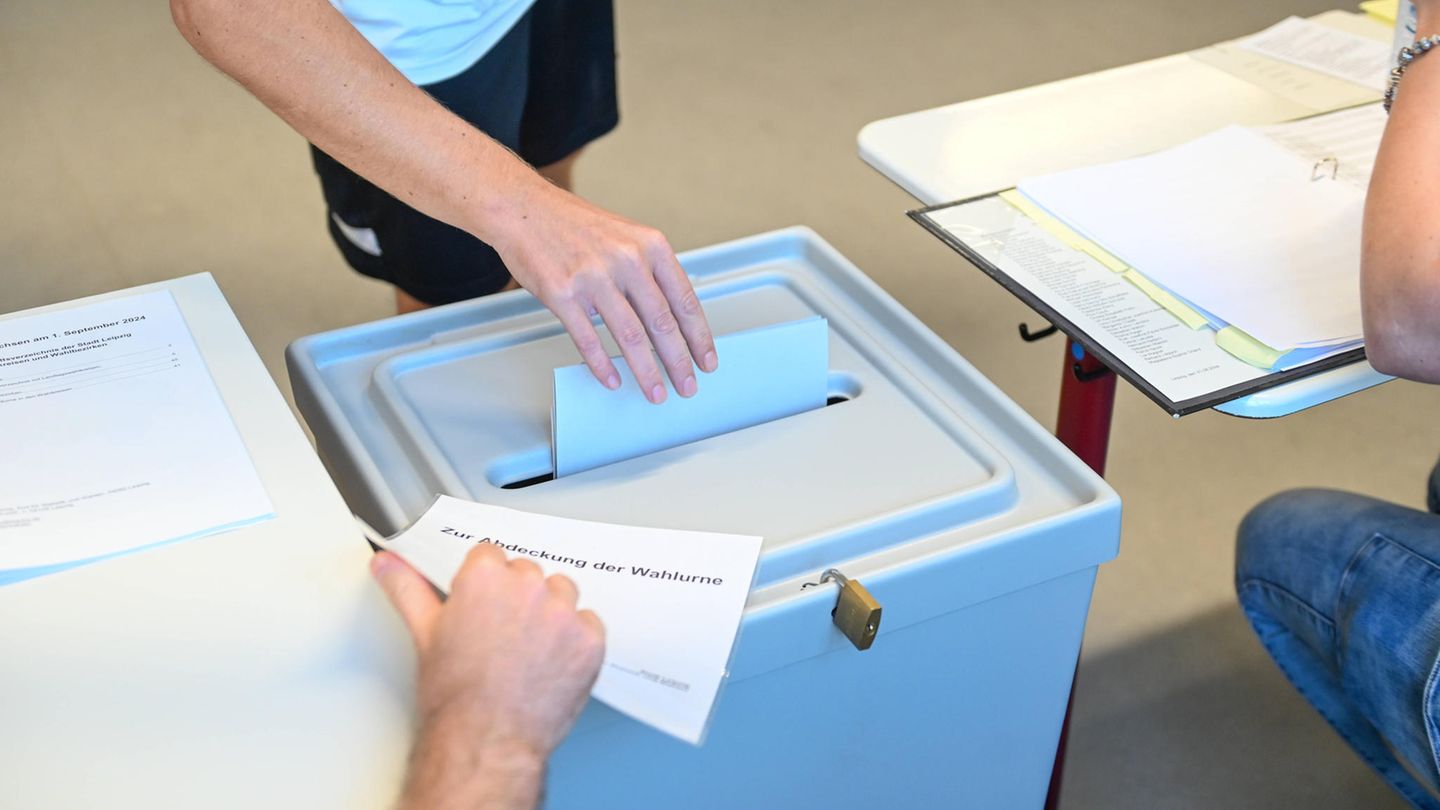column
AfD and BSW are ploughing up the political landscape. The established parties must face up to their responsibilities. But so must the voters.
Admittedly, I was wrong. In June 2023, I wrote here about a possible party formation by Sahra Wagenknecht: She “would start from scratch, even if polls predict considerable potential. A Wagenknecht party would probably enter the European Parliament. And then? She can’t run as a candidate everywhere. Parties need not only leadership, but also breadth to be successful. I wouldn’t be surprised if the phrase about a future without Sahra Wagenknecht soon applies not only to the Left, but to German politics as a whole.”
A future without Wagenknecht? That is not what it looks like after election Sunday in Thuringia and Saxony. Quite the opposite. The BSW could soon be sitting at the cabinet tables in Erfurt and Dresden. Wagenknecht does not even have to stand as a candidate. For many people, her name alone is enough of a program. She is nowhere to be found, but always in the thick of things.
The result of the state elections left me dismayed, and not just because of my mistake. It was also because the party landscape in Thuringia and Saxony seemed to have been dug up with a spade. It was also because coalitions are on the horizon that would have made you rich in the past. What particularly concerns me is the way some citizens deal with their democracy.
The BSW and the AfD achieved strong results in both countries. This means, despite all the differences between the two parties, that as the number of populists increases, so does the number of their voters. The expectation that the BSW would poach on the AfD’s potential and win votes from voters who find the right-wing extremists too sleazy has only come true to a small extent. And these losses have not hurt the AfD because it has taken cover from other parties. The rise of the BSW is therefore not at the expense of the AfD. Both have won.
Higher voter turnout, but democracy suffers
Populism seems to become more popular when the supply increases. In Saxony and Thuringia, the AfD and BSW together each received almost half of the votes. Although they focused on the same issues, namely the war in Ukraine and migration, they did not really compete. Their share of the vote rose in parallel, almost as if in communicating tubes. Incidentally, this phenomenon has already occurred in a state where you would not expect it: Bavaria. In the 2023 state election, the Free Voters, led by right-wing populist Hubert Aiwanger, gained 3.9 percentage points, but so did the AfD, by as much as 4.4 percentage points.
There is a positive effect of the populist offer that should not be ignored: voter turnout is increasing again. This strengthens democracy because the largest party is no longer the party of non-voters, as was often the case in previous elections. And at the same time, democracy suffers when parties that either want to at least change the democratic system, if not overturn it, like the AfD, or who themselves indulge in a hermetic one-person authoritarianism, like the BSW with its sole ruler Sahra Wagenknecht, benefit from the higher turnout.
There is a lot of talk now about listening more to people and taking their concerns seriously. All true. Of course, parties, especially those in government, have a responsibility for democracy. But so do citizens.
Or am I wrong again?
Source: Stern
I have been working in the news industry for over 6 years, first as a reporter and now as an editor. I have covered politics extensively, and my work has appeared in major newspapers and online news outlets around the world. In addition to my writing, I also contribute regularly to 24 Hours World.




